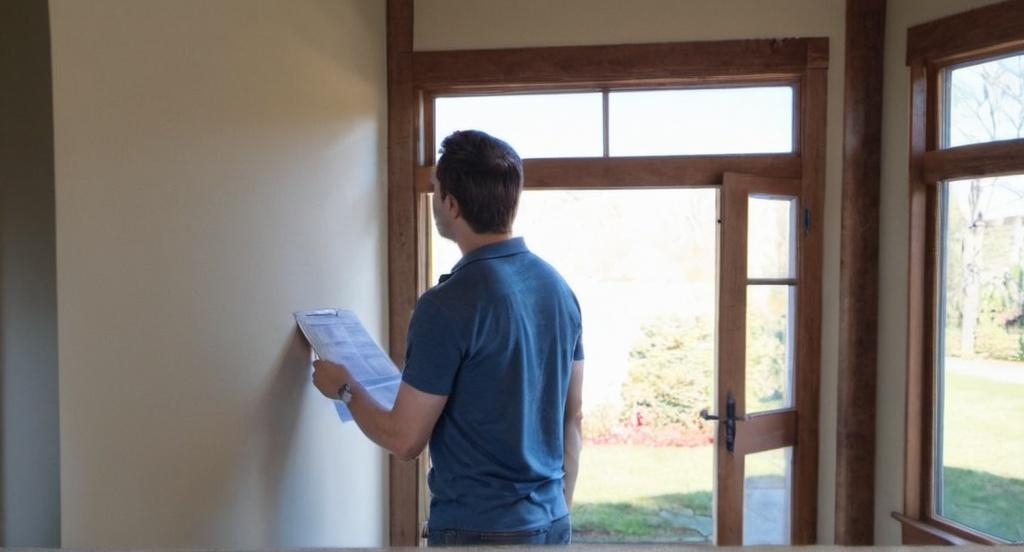Key Take Aways about What are my rights when i rent a house?
- Tenants have the right to a safe and habitable living space with basic utilities.
- Landlords must provide notice before entering, ensuring tenant privacy.
- Security deposits must be returned if conditions are met; document property condition.
- Legal action can be pursued in disputes, including issues with security deposits.
- Discrimination in renting based on personal attributes is illegal.
- Lease agreements define tenant-landlord responsibilities; understand before signing.
- Rent increases are regulated in some areas; know local laws.
- Landlords are responsible for maintaining property repairs.
- Tenants are entitled to quiet enjoyment of their space without disturbance.

Your Rights When Renting
Renting a house comes with its own set of rights and responsibilities. Sure, paying rent on time is a biggie, but there’s a lot more to it. Let’s unpack some of these rights.
Right to a Habitable Living Space
First off, one of the fundamental rights you have is to live in a place that’s safe and habitable. This means the property should have basic utilities like water, heat, and electricity. It should also comply with health and safety codes. If the roof leaks or the heater is busted in the middle of winter, your landlord is on the hook to fix it.
Privacy, Please
You’re entitled to privacy. Your landlord shouldn’t just pop by unannounced, poking around. Most places require some type of notice, usually 24 hours, before they step foot on the premises, unless it’s an emergency. So, if you hear a knock at 2 AM, it better be a pipe burst and not just them wanting to chat.
Security Deposits: Not a Donation
When you move in, you’re probably handing over a security deposit. This isn’t a gift or a donation—it’s your money, held for safekeeping. It should be returned when you move out, provided you didn’t turn the place into a demolition zone. Make sure to capture how the place looks when you move in and out, photos can be a lifesaver in disputes.
Knocking on the Legal Door
Sometimes, landlords and tenants don’t see eye to eye. If things get tough, you’ve got the right to take legal action. Small claims court is a place to turn if, say, your security deposit’s vanished into thin air, despite leaving the place in mint condition.
Freedom from Discrimination
Discrimination, not cool. Landlords can’t decide whether to rent to you based on race, religion, gender, family status, or disability. If you suspect foul play, there are fair housing organizations that can help you sort it out.
The Lease Agreement: Your Best Friend
A lease isn’t just a piece of paper—it’s the rules of engagement. It outlines everything from rent due dates to who’s responsible for repairs. Keep a copy and read it thoroughly. If there’s something you don’t like, negotiate before signing. Once you sign, it’s game on.
Rent Increases and What They Mean for You
Rent stabilization laws are a thing in some places, meaning landlords can’t just hike up the rent willy-nilly. Know what applies where you live; it could mean the difference between ordering in sushi or sticking with cup noodles.
Keeping Things in Repair
If the dishwasher sputters out or the toilet’s flushing like it’s got a vendetta against water, it’s usually on the landlord to get it fixed. Landlords have to maintain the property, so you aren’t living in a construction zone.
Quiet Enjoyment
Quiet enjoyment isn’t just a fancy term. It means you get to enjoy your rented space without interference, like noisy neighbors or constant landlord visits. You should have a peaceful time in your home, so that crazy party next door? Your landlord should sort it out.
It’s not just about paying the rent and not leaving pet hair everywhere. Knowing your rights can make a huge difference. Engage with your landlord positively—sometimes it’s just a matter of having a good chat to sort things out. Keep things professional but relaxed. Renting doesn’t have to be a nightmare; it can be a good chapter in your story, if you know what you’re entitled to.